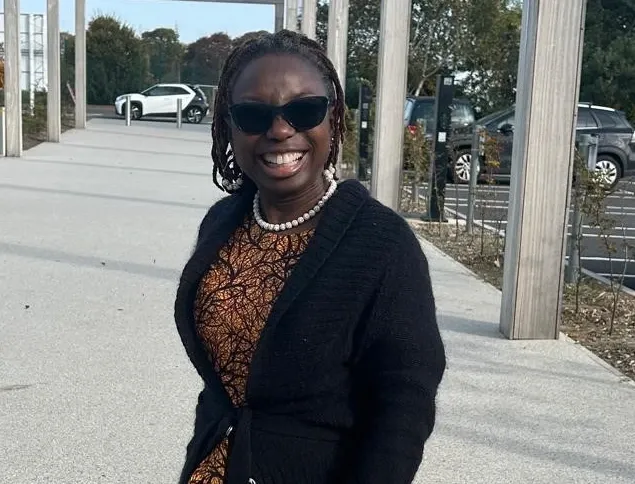
The more diverse communities talk about diabetes in a positive and informed way, the easier it becomes for everyone to seek help, share their experiences, and live healthy and confident lives.
Modupe, a dietitian from Norwich, has much experience of diabetes from both a personal and professional capacity and shares her inspiration and drive to make a difference.
